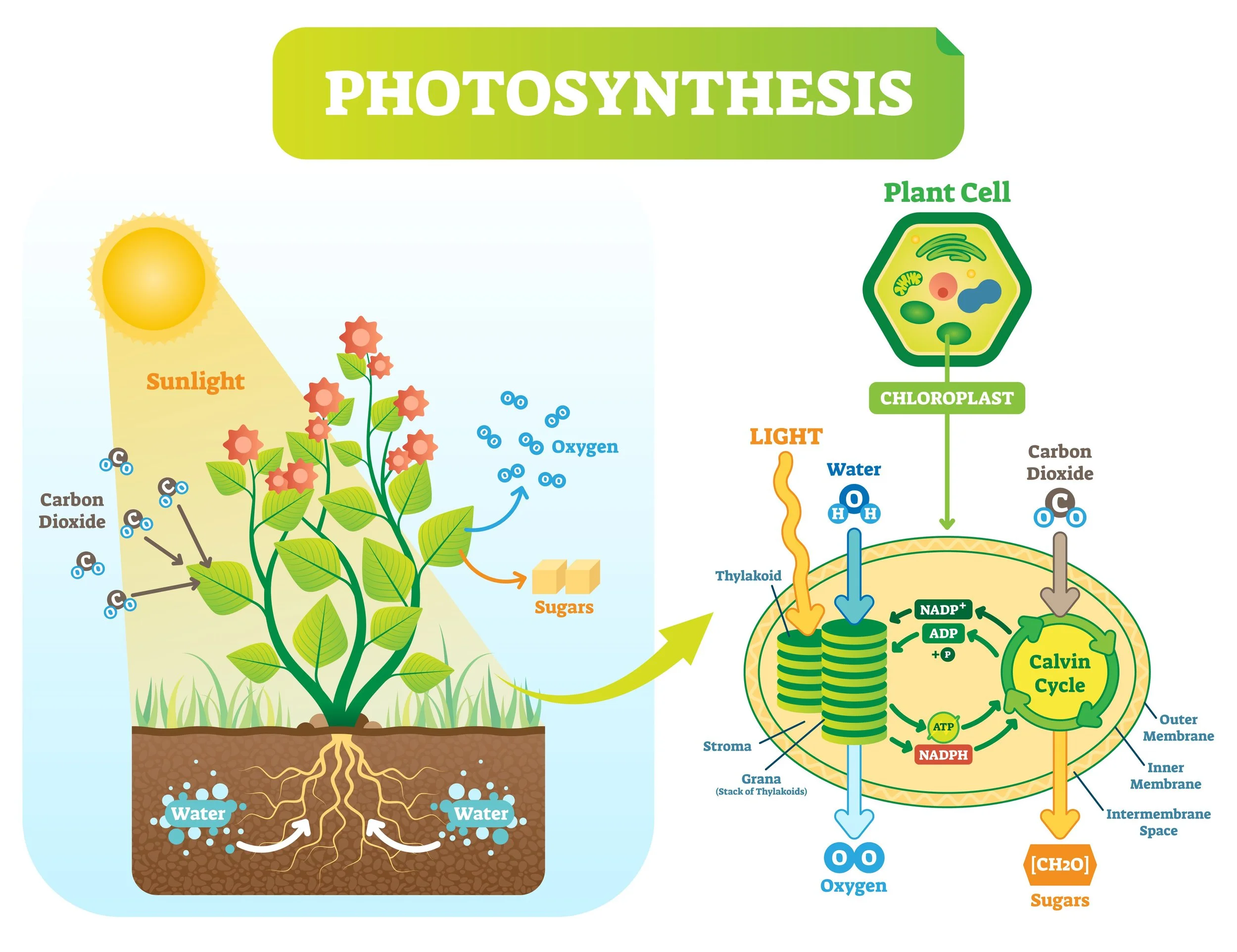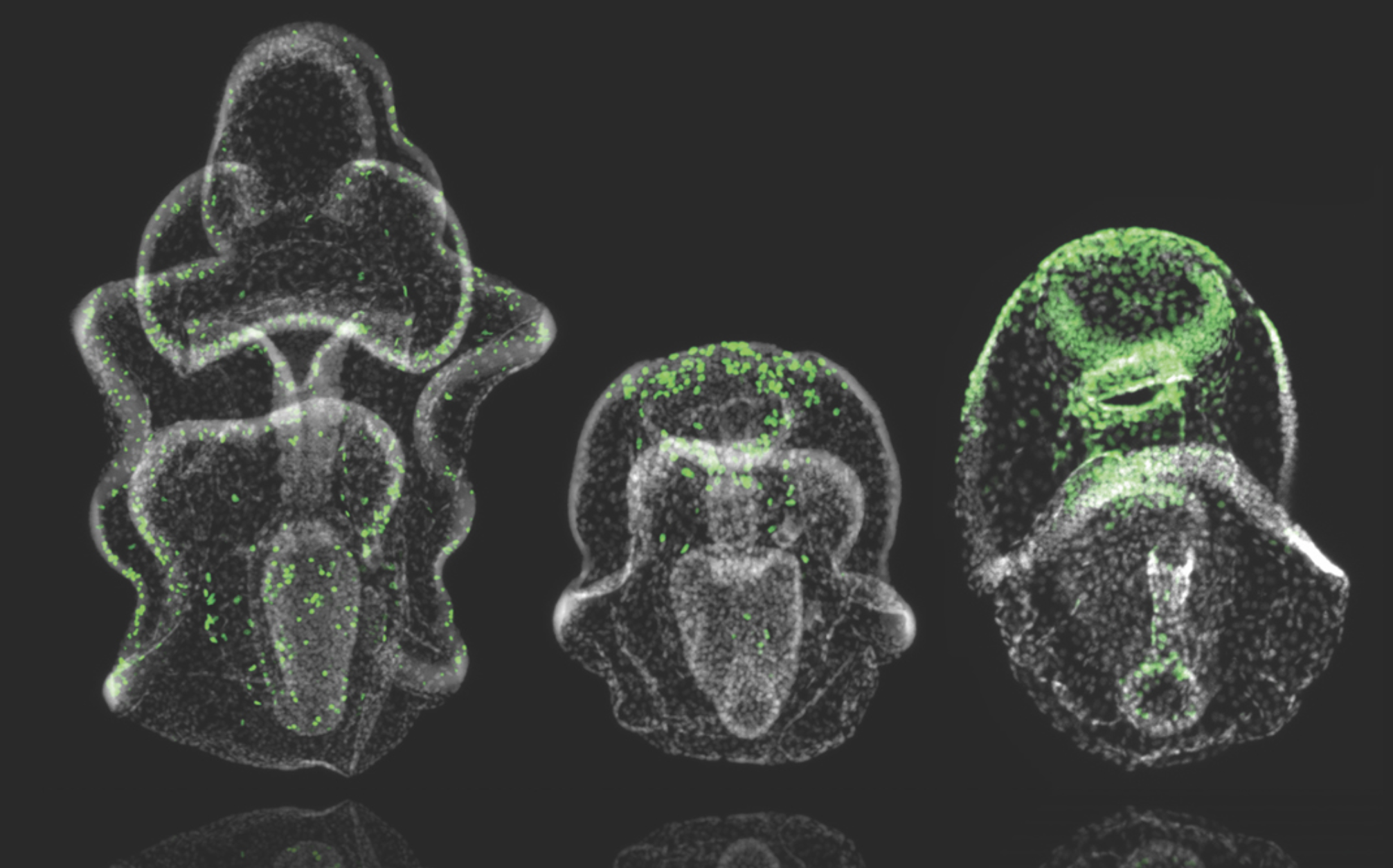Photosynthesis Inspired Approaches to Treat Neurodegenerative Diseases
This blog explores how photosynthesis-inspired approaches can potentially treat neurodegenerative diseases. Photosynthesis, the process by which plants convert light energy into chemical energy, involves complex molecular mechanisms that can be applied to develop new therapeutic strategies for diseases such as Alzheimer's and Parkinson's. Research has shown that natural and synthetic molecules involved in photosynthesis can reduce alpha-synuclein aggregation, a hallmark of neurodegenerative diseases. By understanding the mechanisms of photosynthesis and their application in treating neurodegenerative diseases, scientists can develop innovative treatments that may ultimately lead to a cure.
Part 2: Starfish: The Key to Regenerating Human Neurons?
This blog explores the fascinating ability of starfish to regenerate their neurons and how it can be used for healthcare. Starfish have the unique ability to grow new neurons, including sensory neurons, motor neurons, and interneurons, as well as regenerate their entire nervous system from just one neuron. The process of starfish neuronal regeneration is not fully understood, but it is thought to involve stem cells, growth factors, and enzymes. This ability is being investigated for potential applications in treating spinal cord injuries, brain injuries, and neurodegenerative diseases. Ongoing research into starfish neuronal regeneration is likely to lead to exciting new developments in the future.
Fish: A Brain-Boosting Superfood
Did you know that Medical News Today cites that mothers who ate oily fish were more likely to give birth to children with “higher scores in tests of mental and social ability”? What are some of the other benefits of eating fish? Read this blog to find out!





